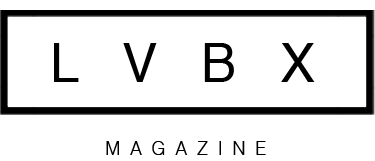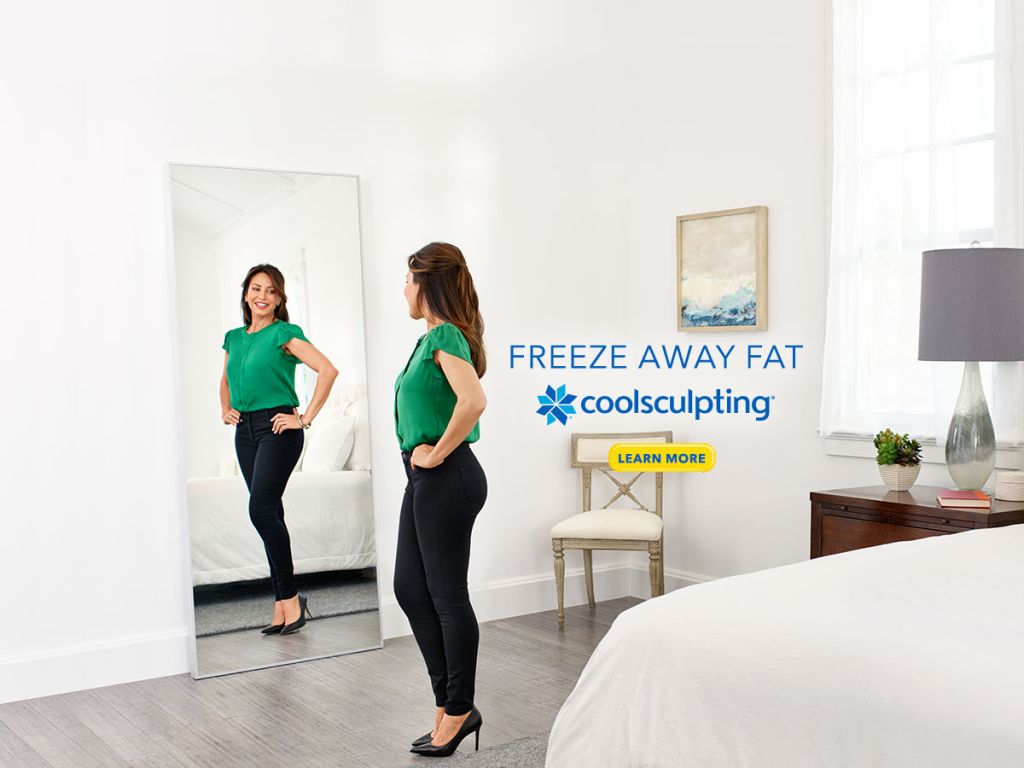
Love is simple. Really life is simple. It’s the barriers, the hurts, the beliefs that are complex — the things that obstruct the natural, silent simplicity of our love are what make life seem difficult, and our unwillingness to feel the truth of our emotions that give them power over our lives.
Allowing is the key to the return to unconditional self-love, and love of all that we experience. It’s denial that causes us to suffer our life experience. Wherever we have strong feelings in life, you can guarantee that there is identity at the root of them. The willingness to let go of who we think we are is what enables our authenticity to shine through. The truth of who we are is not something that can be described or accurately labelled, nor can we experience reality if we are constantly referring to past experiences or imagination and equating that with who we are. Our truth is fresh, here and now, untainted, unrestricted, and totally vulnerable. The moment we try to capture it, it becomes stale and false. Being aware of this and allowing it is total love.
But how do we allow it?
Allowing is not something we can choose to do as an act of will. All we can do is recognize and let go of our conditioned resistance to life. We must notice the automatic tensions, thoughts, and reactions that have become so habitual we mistake them for who we are. If we look honestly at our inner processes, we can see we were not born with these programmes — they were learned, and with them came misery. Once we allow ourselves to see the patterns, a subtle but immediate separation from them is realized, and with that comes the freedom to choose whether or not to act them out. The more we detach, the more obvious it becomes that everything is love, that there is only love, and that it is choiceless.

Self-love is our willingness to be here, real, with whatever we’re experiencing, with whoever is here in front of us. Many of us view love as something we can get from another person or experience, but it’s precisely these ideas that separate us from the natural, free, independent love that we are underneath the personas we wear to function in society. The love we are (in the absence of thinking we need particular conditions in order to feel love) is what everyone is searching for, but the sense of being the one searching is itself a learned behaviour, born of denial.
So how do we deny and avoid experiencing that?
Every time we want something, we deny what already is, creating a subtle separation from life. The reason many of our relationships go south is because we believe we need the other person in order to feel love, and that becomes a dependency. No human being can love something that they are dependent on, because freedom is always more important than love, because freedom is the foundation of all true love.
No substitute is ever enough for unconditional love. This is why our lives often cycle through unsatisfying high/low patterns.
When I was 25 years old, an unexplainable experience exposed all my defences, all the false identity that had served to cover up my loss of contact with love. I experienced true vulnerability and ‘not-knowing’ for the first time since I was a child. I felt completely laid bare — disarmed. My arrogance had been stripped away, leaving a bewildered open heart that was entirely vulnerable to life, and for the first time I had the capacity to feel true love — universal, choiceless, unconditional love. I realised that my entire life up to that point had been nothing more than a series of defence mechanisms and learned behaviours that I called me, designed to navigate life without feeling the intense depth of living with an open heart (or the grief of loss that eventually allowed me to let go of what kept me imprisoned). I knew from that point that the purpose of my life was unconditional love, and that all the negative things that I’d done had come out of seeking this love. I realised all my relationships had been subtly or obviously selfish in some way or another, and laced with the fear of loss. To be clear though, unconditional love is not a purpose like other purposes, where the goal is love, it is the unchanging nature of who I am. All experience arises in the love that you are, the only problem is that you mistake yourself for what arises within you, and then you experience yourself to be less, and not the unconditional love in which it is allowed to be.
We cannot connect with love. We are love. Knowing this, we stop demanding and manipulating life — we tell the truth. The old adage states: The truth will set you free. What it doesn’t say is that what it sets you free from is your sense of choice. There can be a thousand lies available, but the truth is always singular (and often silent). Therefore when we’re totally honest, we let go of control — everything and everyone is allowed to be exactly as they are. We’re not trying to find out their agenda whilst shielding our own. Instead we lay our own cards on the table and relinquish any agenda, and with it, the option of not loving.
A good friend of mine once said that love isn’t always comfortable at first. Being real brings us face to face with everything that we fear, but only so that we can set ourselves free from those fears by giving up our personal will to the principles of honesty, humility, and authenticity, and in doing so, choiceless love is recognized. The call of that love is utterly relentless, coming in the form of all the suffering we experience, but it is something that we can never attain, because it is what we are.
 Ben Freeman is a devoted father, youth coach, and musician. His work focuses on giving a voice and inspiration to adults with learning difficulties, children, and teenagers across the UK. As an experienced world traveller and writer, Ben is wildly driven by his passion for love and creativity.
Ben Freeman is a devoted father, youth coach, and musician. His work focuses on giving a voice and inspiration to adults with learning difficulties, children, and teenagers across the UK. As an experienced world traveller and writer, Ben is wildly driven by his passion for love and creativity.









